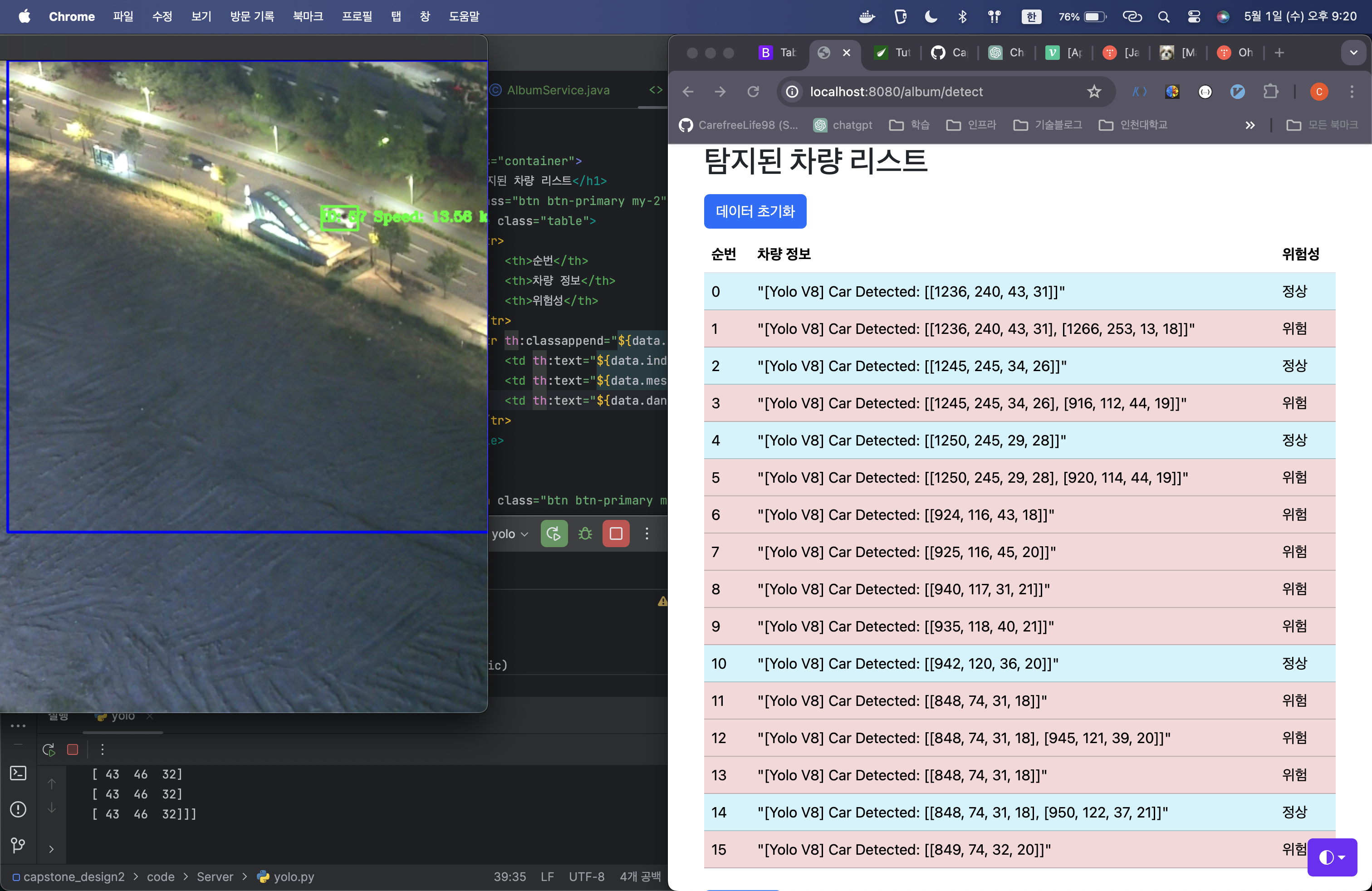[Spring Basic] Spring Configuration - 설정 정보 구성
다양한 설정 형식(Configuration) 지원 - 자바코드 및 XML
스프링 컨테이너는 다양한 형식의 설정 정보를 사용할 수 있도록 유연하게 설계 되어 있다.
- Java
- XML
- Groovy
- AnnotationConfigApplicationContext
- Java 의 설정 클래스를 사용하여 스프링의 설정 정보를 구성.
- GenericXmlApplicationContext
- XML 파일을 사용하여 스프링의 설정 정보를 구성.
- ~ ApplicationContext
- 사용자가 Customizing 한 파일로 스프링의 설정 정보를 구성할 수도 있다.
Annotation 기반 Java 클래스를 활용한 설정 사용하기
// AppConfig.class 라는 설정 클래스를 통해 설정 정보 구성
AnnotationConfigApplicationContext ac = new AnnotationConfigApplicationContext(AppConfig.class)
AnnotationConfigApplicationContext를 사용하여 설정 클래스를 파라미터로 넘겨주면 된다.
XML 설정 사용
근래에는 스프링 부트를 많이 사용하면서 XML 기반 설정 정보 구성 방식은 잘 사용하지 않는다고 한다.
- 하지만 어느정도 규모 및 연차가 있는 회사에 취업한다면, 대부분 XML 설정을 사용하고 있을 것이다. (본인도 취직 후 Spring Framework / XML 사용 중에 있다.)
// GenericXmlApplicationContext 를 사용하며 .xml 로 만들어진 설정 파일을 넘겨주자.
GenericXmlApplicationContext xac = new GenericXmlApplicationContext("classpath:applicationContext.xml"
<?xml version="1.0" encoding="UTF-8"?>
<beans xmlns="http://www.springframework.org/schema/beans"
xmlns:xsi="http://www.w3.org/2001/XMLSchema-instance"
xsi:schemaLocation="http://www.springframework.org/schema/beans http://www.springframework.org/schema/beans/spring-beans.xsd">
<bean id="memberService" class="hello.core.member.MemberServiceImpl">
<constructor-arg name="memberRepository" ref="memberRepository"/>
</bean>
<bean id="memberRepository" class="hello.core.member.MemoryMemberRepository"/>
<bean id="orderService" class="hello.core.order.OrderServiceImpl">
<constructor-arg name="memberRepository" ref="memberRepository"/>
<constructor-arg name="discountPolicy" ref="discountPolicy"/>
</bean>
<bean id="discountPolicy" class="hello.core.discount.RateDiscountPolicy"/>
</beans>
- <bean> 태그를 사용하여 스프링 빈을 등록.
- Java 설정 클래스를 사용할 때와 비슷하게 1 : 1 매핑되는 것을 볼 수 있다.
스프링 빈 설정 메타 정보 - BeanDefinition
- 스프링은
BeanDefinition을 통한추상화로서 다양한 설정 형식을 지원한다.
추상화 : 역할과 구현을 개념적으로 나눈 것.
- XML 을 읽어서 BeanDefinition 을 생성.
- Java 코드를 읽어서 BeanDefinition 을 생성.
- 스프링 컨테이너는 설정 정보가 어떤 형식으로 정의 되어 있는지 알 필요 없이, BeanDefinition 만 알고 있으면 된다.
BeanDefinition : 빈 설정 메타정보
@Bean,<bean>당 각각 하나씩 메타 정보 생성.- 스프링 컨테이너는 이 메타 정보를 기반으로 스프링 빈을 생성.
AnnotationConfigApplicationContext - AnnotatedBeanDefinitionReader
조금 더 깊이 있게 들어가보자.
AnnotationConfigApplicationContext > AnnotatedBeanDefinitionReader
- 위와 같이
AnnotationConfigApplicationContext를 타고 들어가보면AnnotatedBeanDefinitionReader가 존재하는 것을 볼 수 있다.
AnnotatedBeanDefinitionReader : 스프링 설정 정보(Java-Class)를 읽어 적절한 BeanDefinition 을 생성하는 역할.
GenericXmlApplicationContext > XmlBeanDefinitionReader
GenericXmlApplicationContext에도 마찬가지로XmlBeanDefinitionReader를 가지고 있는 것을 볼 수 있다.
XmlBeanDefinitionReader : 스프링 설정 정보(.xml) 을 읽어 적절한 BeanDefinition 을 생성하는 역할.
새로운 형식의 설정 정보가 추가되면,
~ BeanDefinitionReader를 만들어 BeanDefinition 을 생성하면 된다.
BeanDefinition 출력해보기
public class BeanDefinitionTest {
AnnotationConfigApplicationContext ac = new AnnotationConfigApplicationContext(AppConfig.class);
@Test
@DisplayName("빈 설정 메타정보 확인")
void AnnotationConfigBeanDefinitionTest() {
String[] beanDefinitionNames = ac.getBeanDefinitionNames();
for (String beanDefinitionName : beanDefinitionNames) {
BeanDefinition beanDefinition = ac.getBeanDefinition(beanDefinitionName);
if (beanDefinition.getRole() == BeanDefinition.ROLE_APPLICATION) {
System.out.println("beanDefinition = " + beanDefinition + " beanDefinitionName = " + beanDefinitionName);
}
}
}
}
출력 결과
beanDefinition = Generic bean: class [hello.core.AppConfig$$SpringCGLIB$$0]; scope=singleton; abstract=false; lazyInit=null; autowireMode=0; dependencyCheck=0; autowireCandidate=true; primary=false; factoryBeanName=null; factoryMethodName=null; initMethodNames=null; destroyMethodNames=null
beanDefinitionName = appConfig
beanDefinition = Root bean: class [null]; scope=; abstract=false; lazyInit=null; autowireMode=3; dependencyCheck=0; autowireCandidate=true; primary=false; factoryBeanName=appConfig; factoryMethodName=memberService; initMethodNames=null; destroyMethodNames=[(inferred)]; defined in hello.core.AppConfig
beanDefinitionName = memberService
beanDefinition = Root bean: class [hello.core.AppConfig]; scope=; abstract=false; lazyInit=null; autowireMode=3; dependencyCheck=0; autowireCandidate=true; primary=false; factoryBeanName=null; factoryMethodName=memberRepository; initMethodNames=null; destroyMethodNames=[(inferred)]; defined in hello.core.AppConfig
beanDefinitionName = memberRepository
beanDefinition = Root bean: class [null]; scope=; abstract=false; lazyInit=null; autowireMode=3; dependencyCheck=0; autowireCandidate=true; primary=false; factoryBeanName=appConfig; factoryMethodName=orderService; initMethodNames=null; destroyMethodNames=[(inferred)]; defined in hello.core.AppConfig
beanDefinitionName = orderService
beanDefinition = Root bean: class [null]; scope=; abstract=false; lazyInit=null; autowireMode=3; dependencyCheck=0; autowireCandidate=true; primary=false; factoryBeanName=appConfig; factoryMethodName=discountPolicy; initMethodNames=null; destroyMethodNames=[(inferred)]; defined in hello.core.AppConfig
beanDefinitionName = discountPolicy
Process finished with exit code 0
- beanDefinition 을 출력해보면, 해당 빈의 속성을 볼 수 있다.
- scope
- 추상 클래스
- 지연 초기화
- autowire
- …
참고:Inflearn - 김영한님_강의(스프링 핵심 원리 기본편)
혹시 이해가 안가거나 추가적인 설명이 필요한 부분, 오류 등의 피드백은 언제든지 환영합니다!
긴 글 읽어주셔서 감사합니다. 포스팅을 마칩니다.
Task Lists
- 다양한 설정 형식(Configuration) 지원 - 자바코드 및 XML
- Annotation 기반 Java 클래스를 활용한 설정 사용하기
- XML 설정 사용
- 스프링 빈 설정 메타 정보 - BeanDefinition
- AnnotationConfigApplicationContext - AnnotatedBeanDefinitionReader
- BeanDefinition 출력해보기










Comments